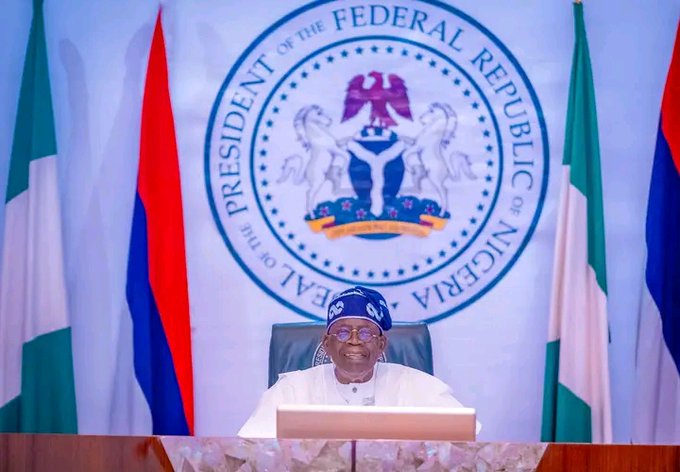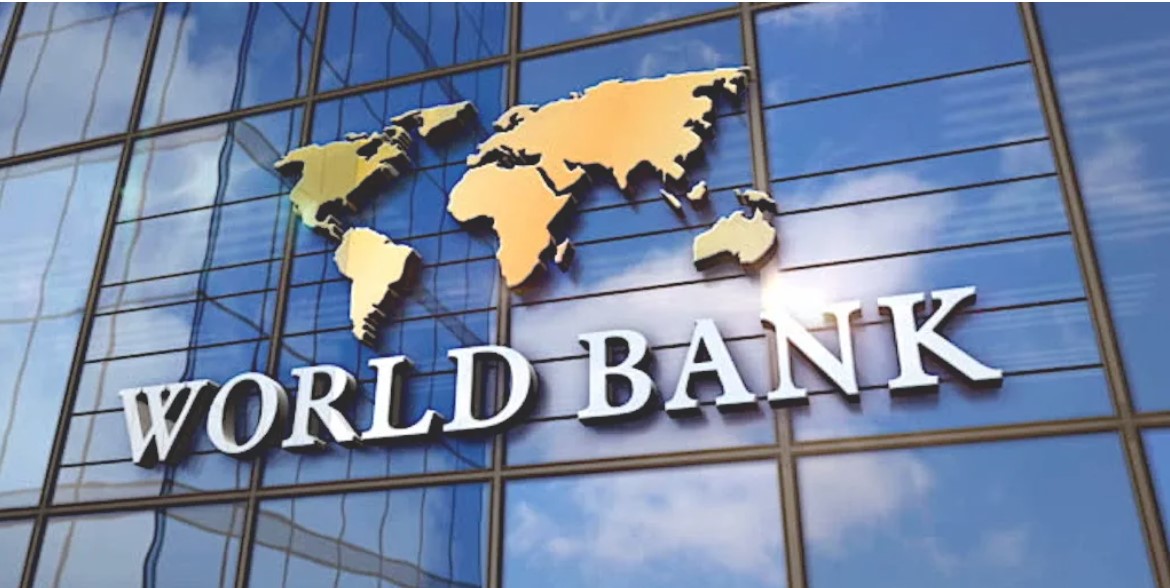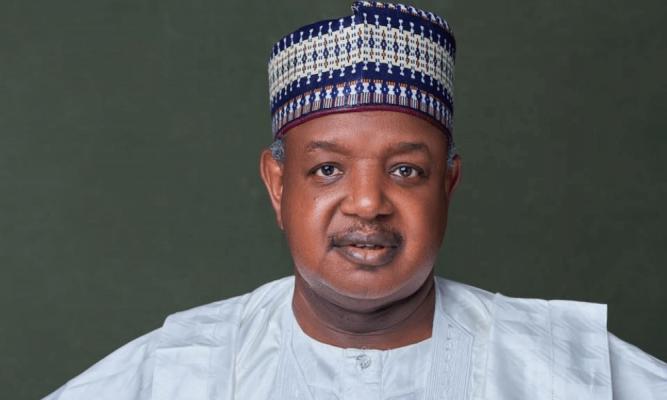World Bank Approves $2.25bn for Nigeria to Stabilise Economy
- Economy
- No Comment
- 479

World Bank’s $2.25bn intervention will boost Nigeria’s non-oil revenues, scale up support to the poor and most economically at risk.
The World Bank on Thursday, approved a total sum of N2.25 billion for Nigeria to enable the federal government to sustain its reform momentum, accelerate non-oil resource mobilisation, and support poor Nigerians.
In two separate financing interventions, the bank announced $1.5 billion for the country’s Reforms for Economic Stabilisation to Enable Transformation (RESET) Development Policy Financing Programme (DPF), and $750 million for the Accelerating Resource Mobilisation Reforms (ARMOR) Programme-for-Results (PforR).
The World Bank said the combined package provided immediate financial and technical support to the country’s urgent efforts to stabilise the economy and scale up support to the poor and most economically at risk.
The intervention further sought to support Nigeria’s ambitious, multi-year effort to raise non-oil revenues and safeguard oil revenues to promote fiscal sustainability and provide sufficient resources to deliver quality public services.
Confronted with a fragile economic situation, Nigeria recognised the urgency of changing course and embarked on critical reforms to address economic distortions and strengthen the fiscal outlook.
The bank noted that the government had taken initial critical steps to restore macroeconomic stability, boost revenues, and create the conditions to reignite growth and poverty reduction.
These included unifying the multiple official exchange rates and fostering a market-determined official rate, as well as sharply adjusting gasoline prices to begin to phase out the costly, regressive, and opaque petrol subsidy, the Bretton Woods institution pointed out.
It stated that the Central Bank of Nigeria (CBN) had refocused on its core mandate of price stability and was tightening monetary policy by increasing interest rates, as appropriate to reduce inflation.
The World Bank also acknowledged that a targeted cash transfer programme was being rolled out to cushion the effect of high inflation on the poor and economically insecure households.
Welcoming the latest financing approvals, Minister of Finance and Coordinating Minister of the Economy, Mr. Wale Edun, said the federal government had embarked on bold and necessary reforms to restore macroeconomic stability and put the country back on a sustainable and inclusive economic growth path that will create quality jobs and economic opportunities for all Nigerians.
Edun said, “We welcome the support of the RESET and ARMOR programme as we further consolidate and implement our macro-fiscal and social protection policy reforms, consistent with accelerating investment and redirecting public resources sustainably to achieve development priorities.”
World Bank Vice President for Western and Central Africa, Ousmane Diagana, said Nigeria’s concerted efforts to implement far-reaching macro-fiscal reforms had positioned it on a new path to stabilise its economy and lift its people out of poverty.
Diagana emphasised that it was critical that the federal government sustained the reform momentum and continued to scale up and expand protection to the poor and economically at risk to cushion the effects of cost-of-living pressures on citizens.
He said, “This financing package reinforces the World Bank’s strong partnership with Nigeria, and our support towards reinvigorating its economy and fast-tracking poverty reduction, which can serve as a beacon for Africa.”
In a separate statement, Director, Information and Public Relations, Federal Ministry of Finance, Mohammed Manga, explained that the RESET DPF aimed at strengthening the country’s economic policy framework, creating fiscal space, and protecting the poor and vulnerable.
On the other hand, ARMOR PforR, supports tax and excise reforms, improves tax revenue and customs administration, and safeguards oil revenues.
Established in 1960, the International Development Association (IDA) is the World Bank’s fund for the poorest countries, and provides grants and low to zero-interest loans for projects and programmes that boost economic growth, reduce poverty, and improve poor people’s lives.
IDA remains one of the largest sources of assistance for the world’s 76 poorest countries, 39 of which are in Africa.
The facilities help effect positive change in the lives of the 1.6 billion people living in the countries that are eligible for its assistance.
Since its inception, IDA has supported development work in 113 countries, while annual commitments are constantly on the rise and have averaged $21 billion over the past three years, with about 61 per cent going to Africa.
James Emejo and Nume Ekeghe
https://www.arise.tv/world-bank-approves-2-25bn-for-nigeria-to-stabilise-economy/





